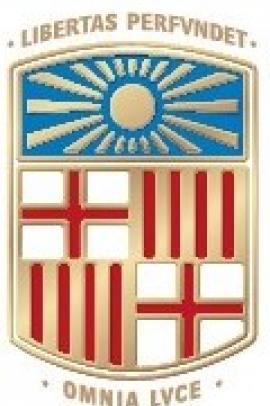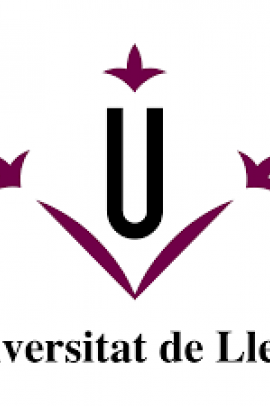Translation as a communication act has been studied with tools developed in neo-classical economics, particularly cooperative outcomes, transaction costs, asymmetric information and risk management. Although those tools bring across some of the empirical virtues of economics as a discipline, notably its capacity for formalism and modification on the basis of data, they do not account for the economics of languages, which is an alternative tradition that has become important for European language policy. An attempt to contrast these two approaches reveals some of the deficiencies in the economics of languages, notably with respect to attempts to formulate ethical bases for language policy, including translation policy. A certain compatibilist position might nevertheless be sought by seeing communication acts as performative language policy, and by thus paying close attention to the way language users choose between otherwise incommensurate values.
Date
Journal
Perspectives: Studies in Translation Theory and Practice
DOI
10.1080/0907676X.2017.1287208
Abstract








